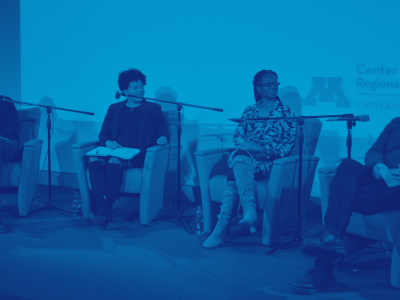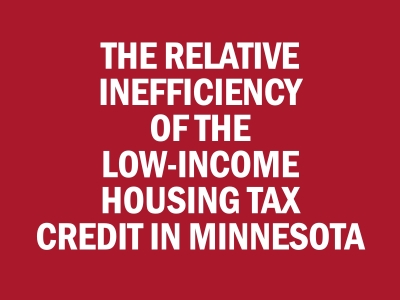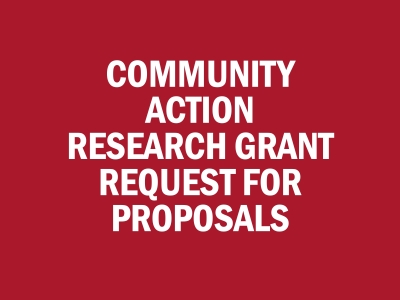The Center for Urban and Regional Affairs is excited to announce that CURA’s Senior Research Associate Dr. Brittany Lewis has been named the 2024 President's Community-Engaged Scholar.
The University of Minnesota President's Community-Engaged Scholar Award recognizes one faculty or P&A researcher annually for exemplary engaged scholarship. The award recipients have demonstrated a longstanding academic career that embodies the University of Minnesota’s definition of public…









